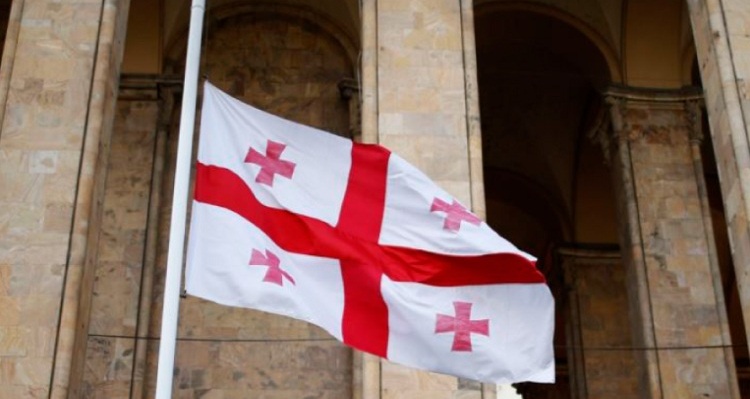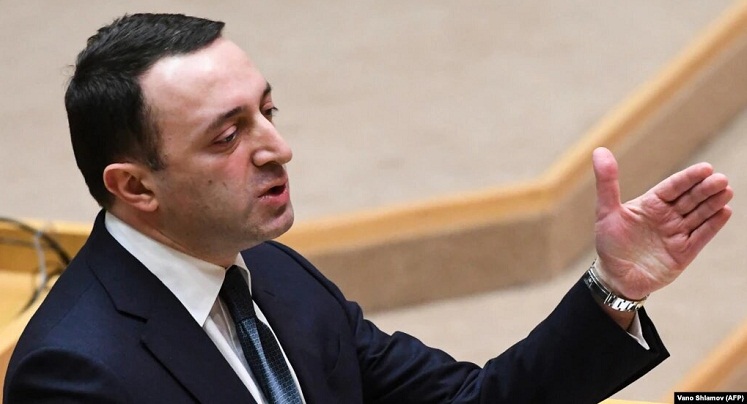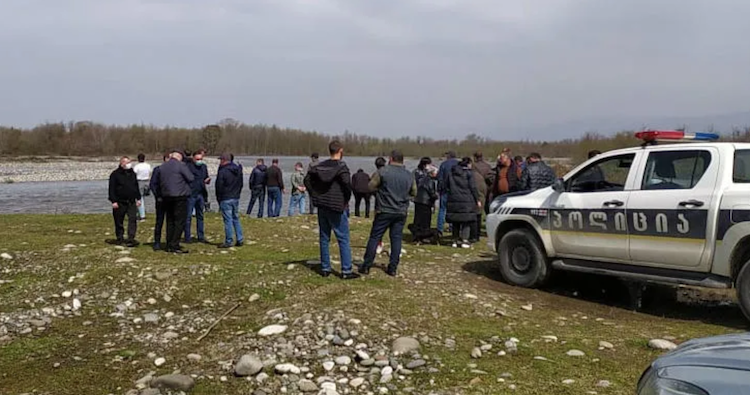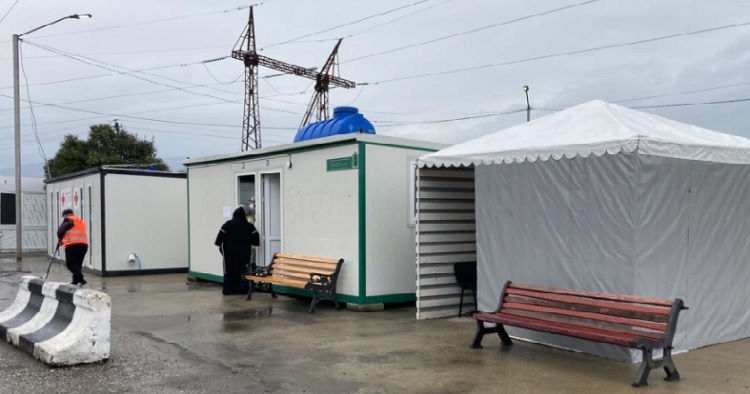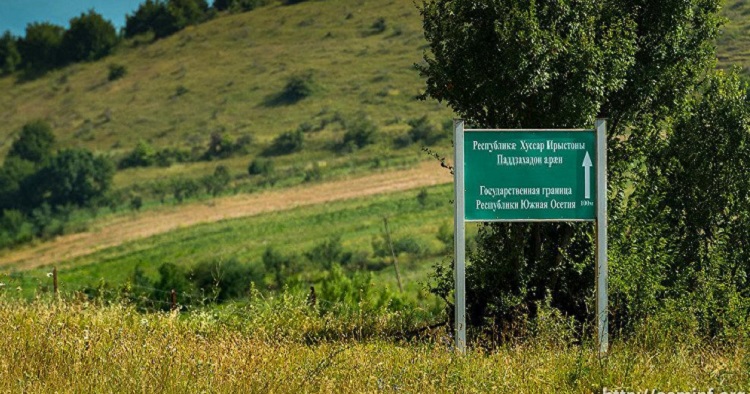Residents of occupied Georgian territories to take Covid-19 rapid tests instead of 5-day quarantine
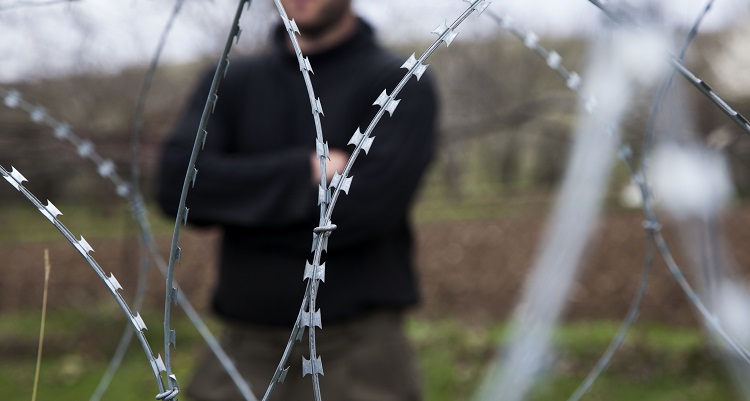
In addition, they will be able voluntarily to join the process of vaccination, based on their age groups. Citizens vaccinated with two-dose shots will no longer be obligated to take tests when entering the territory controlled by the central government of Georgia. Photo: Nino Alavidze/Agenda.ge.
Starting April 19, the residents of Russian-occupied Georgian territories will have to take Covid-19 rapid tests instead of 5-day quarantine, announces the government of Georgia.
In addition, they will be able voluntarily to join the process of vaccination, based on their age groups. Citizens vaccinated with two-dose shots will no longer be obligated to take tests when entering the territory controlled by the central government of Georgia.
Meanwhile, at today's meeting of the Interagency Coordination Council, Georgian Health Minister Ekaterine Tikaradze presented a plan for expanding vaccination according to which the groups involved in vaccination will be gradually expanded, to ensure that that the process of Covid-19 vaccination proceeds as fast as possible.
To note, earlier this month Georgian rescuers found the bodies of four individuals who were trying to cross onto territory controlled by the central government of Georgia from Russian-occupied Gali through the Enguri River.
The State Security Service of Georgia of Georgia said that this was a result of restrictions 'unlawfully imposed by the occupation regime over free movement and damaging practice of unlawful detentions'.
In order to move from the Gali district of Russia-occupied Abkhazia to the rest of Georgia, its residents have to cross the Enguri Bridge crossing point, which connects the occupied region with the rest of Georgia.
The de facto officials of Abkhazia closed the Enguri Bridge crossing point on March 14, 2020 to allegedly prevent the spread of the coronavirus, while it was opened on February 11, 2021 for retirees and people with health problems.
The de facto government of occupied Abkhazia allows residents of the region, mainly in the Gali district, to cross onto the territory controlled by the central government of Georgia with a special ‘pass’, which costs 45 GEL ($13.14/€11/05) and must be received in Sokhumi.
Another obstacle for people living in Abkhazia was that they had to go into five-days quarantine when coming onto the territory controlled by the central government of Georgia.
For this reason they refused to use the bridge and cross the border through the Enguri River instead to avoid the quarantine.
Most often people come from Abkhazia to the rest of Georgia for food, medical services, medicines and to visit their relatives.
 Tweet
Tweet  Share
Share
